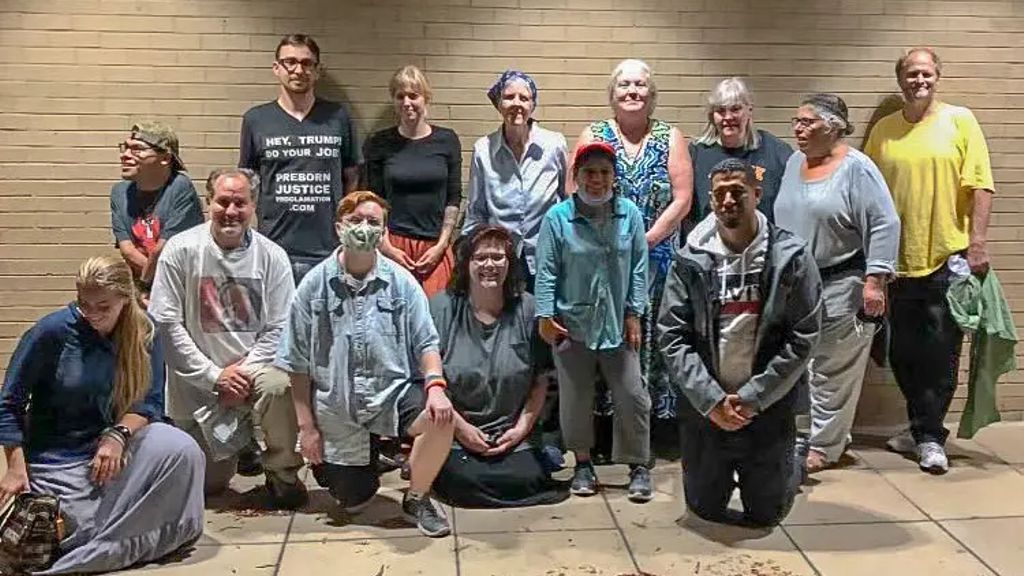The SARS-CoV-2 virus can cause mitochondrial dysfunction in critical organs, including the heart, kidneys, and liver, but doctors have some suggestions to help with recovery from the damage.
COVID-Hijacked Mitochondria
Mitochondria are the powerhouses of cells, producing energy in the form of adenosine triphosphate (ATP). Researchers usually identify a decline in energy output from the mitochondria as mitochondrial dysfunction.
Professor Keshav Singh, specializing in genetics and mitochondrial research at the University of Alabama, has shown in his work that during COVID-19 infection, the SARS-CoV-2 virus can enter mitochondria and hijack their energy metabolism, impairing mitochondrial energy production.
ATP production goes through a series of steps. The first few steps occur outside the mitochondria and only produce a few molecules of ATP, while the last steps occur inside the mitochondria and produce the most ATP.
Mr. Singh’s 2021 study revealed that in immune cells infected with SARS-CoV-2, the genes involved in the later processes of ATP production, known as oxidative phosphorylation, become suppressed. In contrast, the early energy production processes are enhanced.
A Children’s Hospital of Philadelphia study further showed that the virus suppressed oxidative phosphorylation in the heart, kidneys, and liver.
Family physician Dr. Scott Jensen told The Epoch Times that the study findings may explain some of the symptoms and laboratory results in long-COVID and vaccine-injured patients.
“You could have people that begin to have kidney failure; liver function enzymes would be going up, so they would have diminished liver function,” Dr. Jensen said. “People would present with cardiac manifestations.
“We see that this has happened from the vaccine and from COVID itself. This would be a possible explanation for that,” he added.
Rather than being suppressed, oxidative phosphorylation was promoted in lung tissue. Researchers theorized that this may be because the lung tissues had recovered from the infection.
However, Scott Marsland, a nurse practitioner at Leading Edge Clinic, told The Epoch Times that he disagrees. He suggested that patients may experience shortness of breath from microclotting in the lungs, which can occur even with functional mitochondria.
By Marina Zhang






